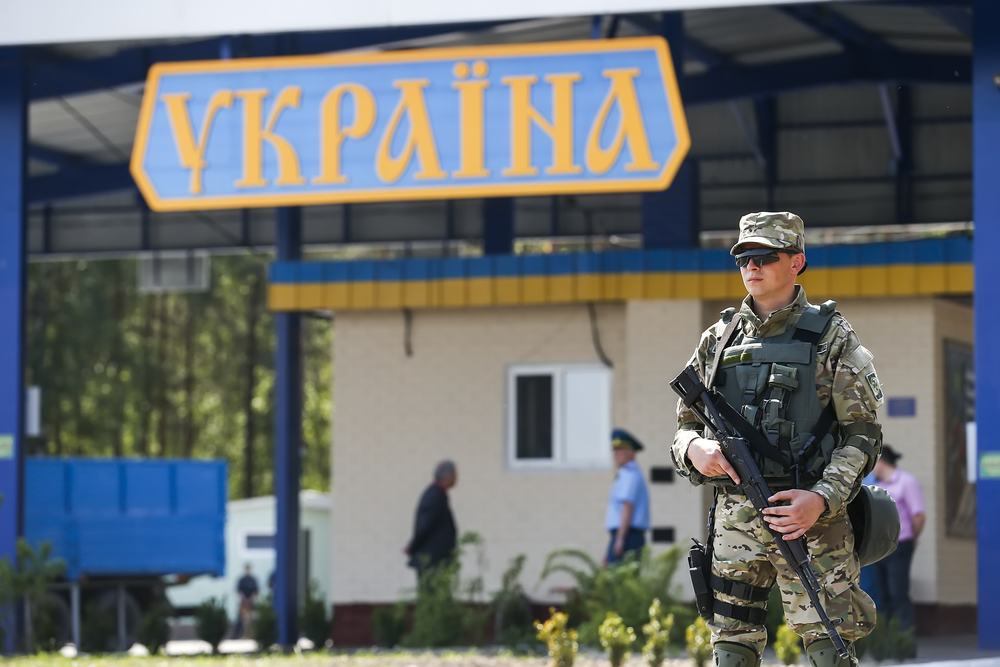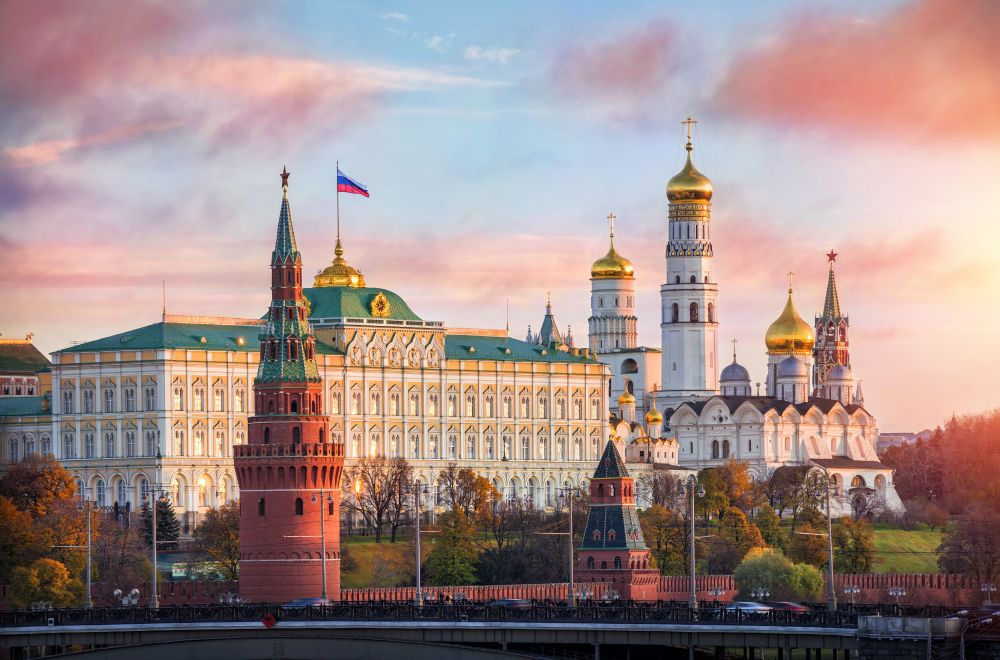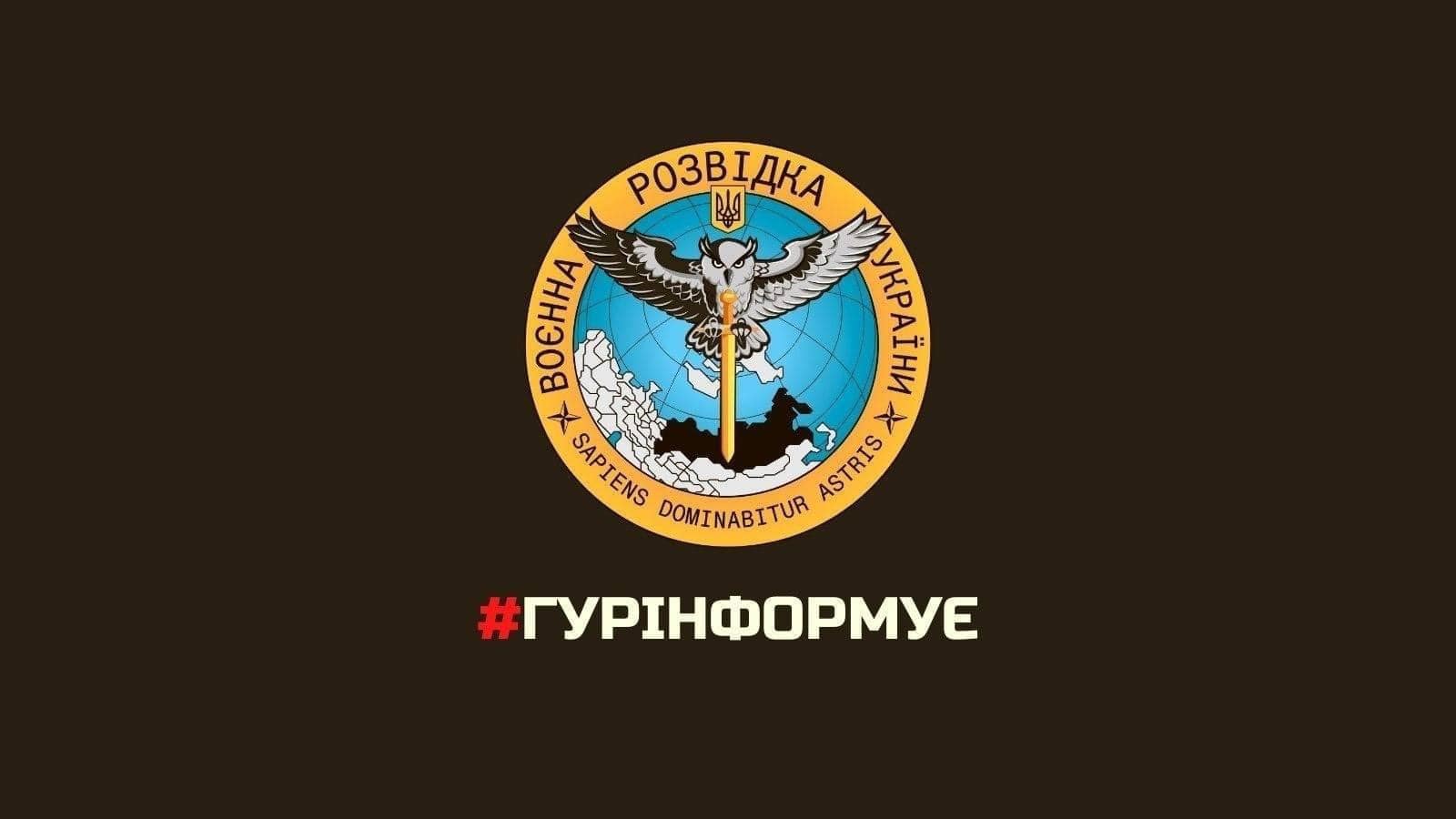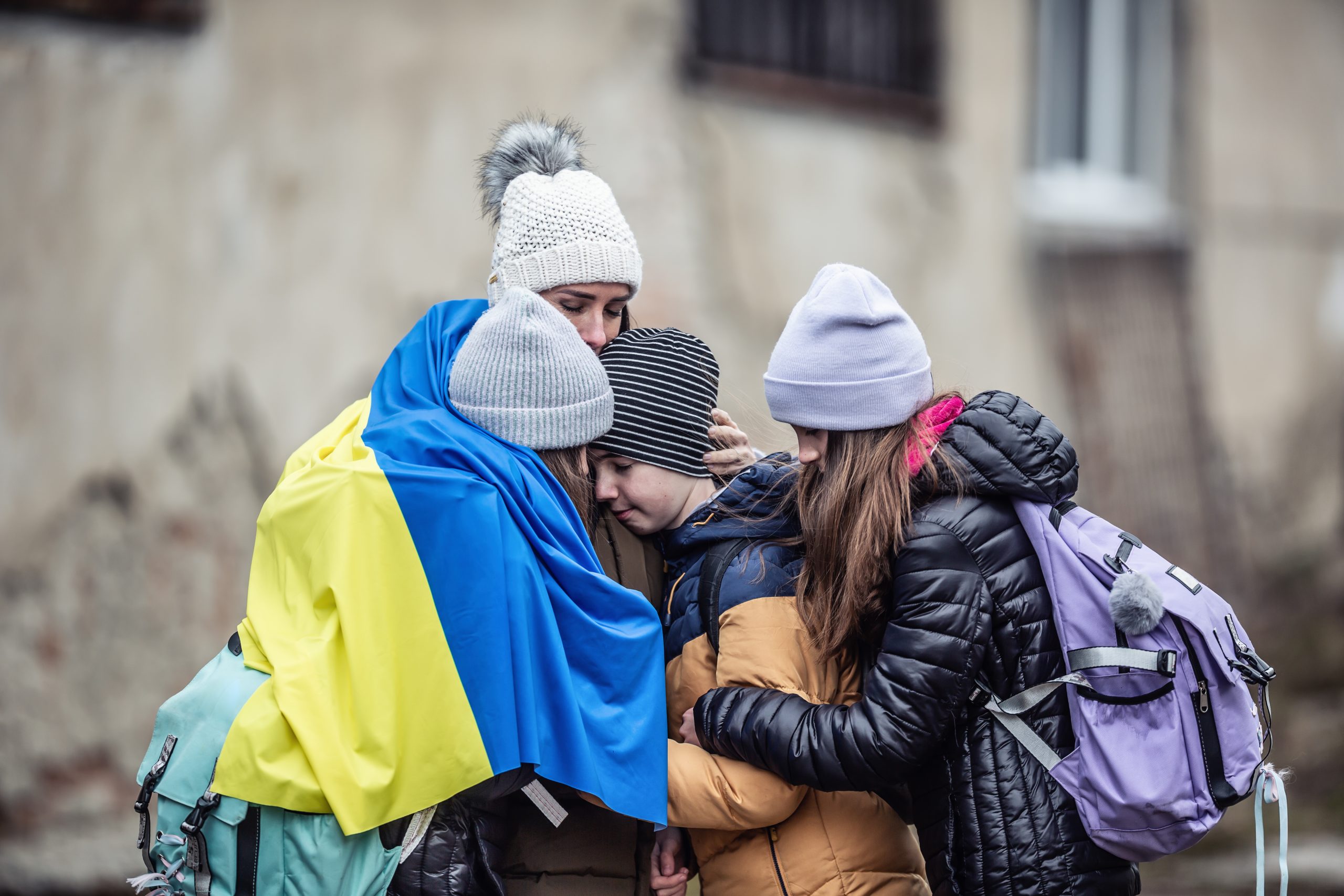Writing on the topic of the Belarusian presidential elections is a prominent Belarusian political scientist, Valery Karbalevich, who was able to introduce Promote Ukraine to some aspects of the ongoing elections. Karbalevich is a Belarusian journalist, political scientist and an expert at the Belarusian analytical centre ‘Strategia’, who is also the author of many works on Lukashenko and his regime, including the 2010 ‘Political Portrait of Alexander Lukashenko’. The following is thus an open interview with Karbalevich regarding the current state of affairs of the Belarusian presidential elections and their geopolitical consequences for Ukraine and the wider world.
In a recent interview on Naviny.by you said that if Belarus had legitimate elections, then Lukashenko wouldn’t have even qualified for the second round. At the same time, a certain narrative exists, wherein some would say that yes, we have low salaries and our political freedoms are repressed, but there is no Ukraine here: there is no war, everything is calm, stable and the streets look clean. In other words, despite the elections being illegitimate, are there, nonetheless, legitimate reasons as to why Belarusians would vote for Lukashenko?
Any social model, any system, if it exists for a long time, it is bound accommodate a significant part of its population within its structures. Within Belarus, the state apparatus is quite large as the state interferes in almost all facets of Belarusian life. For example, in Belarus, the largest sector of the economy is owned by the state and a significant part of this state sector exists at the expense of state subsidies. As a consequence, if a new president comes to power and says that market reforms are needed, the enterprises will simply crash, and then people will be left without work; but under the existing system, despite the salaries being marginal, it is nonetheless stable. As a result, a significant part of the population are public sector employees. If we look at the figures then approximately 45 to 70% of the population, yet the number is approximate because Belarusian statistics are – it’s not that they are wrong – but they are heavily smeared, so looking at them won’t show us the whole picture.
In addition, we have to look at agriculture. We still have collective farms, state farms united in large holdings, which also function at the expense of the state budget, and are unprofitable. So people working within these spheres are interested in the existing model, which means they are ready to vote for Lukashenko.
In this case, do Belarusians turn out to be hostages of the state apparatus or, on the contrary, they prefer to live in such a system which is built around employment stability and a rather generous welfare state; whereby they look at the West with their decentralization and privatization, and consider it a very challenging environment to live in?
The former because I don’t think that they have such serious rationalizations about the situation – people just live and they think very simply: I have a job and that is all that matters, what happens next is none of my concern. And again, in a country like Belarus, which existed for a long time within the framework of the Soviet Union, a significant part of the population grew up being used to only voting for the existing regime, simply because it is the existing power, regardless of its quality; and the idea of voting against it was alien to them. It is difficult to put a number on these people – maybe 20-30% – wherein a significant part of them are those same employees of state-owned enterprises with low wages. They accept Lukashenko not because of his ideological views, but because it is beneficial for them – they would gladly vote for another Lukashenko who would be better, pay a higher salary and would offer the same thing as Lukashenko only more. But it just so happened that in these elections there are a lot of different candidates, with different programs, different hopes and different wishes – some want to change the model, others want to strengthen it; they see that Lukashenko is no longer able to maintain this model, so they reason to create a new one, under a new name.
Then can we say that those who vote for Lukashenko consist of those who have internalized this Soviet mentality of only voting for the existing power and never against it, and this consists more of elderly people, rather than the youth who are more interested in voting for more progressive candidates, such as Tikhanovsky with his YouTube channel?
Well, yes, age composition certainly plays a significant role; all sociological polls that were conducted in Belarus until 2016 showed that the older the person, the more likely he is to support the system, whereas the younger, the lower the support. Well, there is also a part of the youth that is willing to support Lukashenko for the simple reason that they grew up in such a system and they know no other. They do not even understand that elections means elections. As Yermoshina (chairwoman of the CEC) said in regard to Tikhanovsky – can you imagine, they actually wanted to change the government – as if it’s such a terrible sin. A part of the population do not even consider elections to be a means of changing the current regime, but rather they consider elections to simply be a way of legitimizing the existing one; and some youth does think like this – they don’t bother, they don’t try to understand it.
I see, and given that we have already touched upon the opposition, what do you think about the fact that Babariko and Tsepkalo were not allowed to participate in the elections? For instance, Babariko had collected more than 300,000 signatures, what do you think people who would have voted for Babariko, but no longer can, would do? Would they give their votes to some other candidate, or, on the contrary, would they just not vote at all?
Well, you see, we can only speculate because there is no sociology, we can only rely on our own feelings. I think that those people who were ready to vote for Babariko and Tsepkalo, because most of them would like to protest against Lukashenko, they are now confused. Some of them would like to go out on the streets, some of them are disappointed, and others look around and think about what to do next.
The idea of an attempt to unite the opposition, well, it kind of gave people a certain – not necessarily hope – but it resuscitated their interest in the elections, the idea that not all is over, that change can still happen. The best option, of course, would be to unify, wherein Tsepkalo and Babariko, and the four remaining candidates converge towards and push a single candidate. Such a scenario would certainly be interesting, and here I would not exclude the possibility that under such circumstances Lukashenko’s model could have suffered an electoral defeat.
However, likelihood of such a scenario is very small. Kanapatskaya is unlikely to go for this option, Dmitriev and Cherechen are still thinking, and here it all depends on the pressure from society, because now there are already petitions in circulation within social media sites, calling for people to connect and support Svetlana Tikhanovskaya. However, here another problem lies, precisely in the fact that they are choosing to support Svetlana Tikhanovskaya. The paradox of this situation is that Tikhanovskaya is a purely technical candidate, she said from the very beginning, and continues to say this now, that she does not want to be the head of state, she does not want to be the president, that she only participates in these elections solely for the purpose of morally supporting her husband. There is a part of the population that is guided by the principle of ‘whoever but Lukashenko’, and some people really are ready to vote for anyone, even Tikhanovskaya.
Yet, most of those who would have voted for Babariko or Tsepkalo, for them it was a rational choice because Tsepkalo and Babariko are managers, they have support, so they bet on them as a figures who were actually capable of running the state, capable of being alternatives to Lukashenko… Now, that both have disappeared and they have to vote for a housewife who only since May has become interested in politics, a shock came over the Babariko and Tsepkalo electorate. I don’t think that they are ready for such radical action, because voting for Svetlana is purely protest voting – we vote for her simply because we are against everything Lukashenko does, there is no rational consideration. However, whether the Belarusian society is ready to vote like this, I’m not quite sure; even worse is the fact that Svetlana herself does not give any clear signs, if she could at least explain that, for example, if she were to become president, then she would immediately revert the 1994 constitution and without further ado announce new elections that would be fair and legitimate. In this case, there would be, at least, some rational meaning behind the decision to vote for her. But she remains silent, and it is understandable why she is silent, she herself has a poor understanding of what politics really is. That is why there is a divide right now, which is compounded by the fact that the authorities deliberately reduced the time for decision-making and discussion among the candidates – on the 14ththe registration and on the 4th of August the preliminary voting is already beginning. During this time, it is not realistic to discuss the formation of any sizeable coalition, so I don’t think that a serious coalition is going to form anyway.
Then if there is no strong opposition, can we say that it is almost guaranteed that Lukashenko will win these elections?
With 99% certainty, because the majority of the opposition is not ready for a revolution the likes of Maidan. This majority is ready to participate in the electoral procedure; they are ready to wait in line to give their signature to the opposition; they are ready to come to vote; they may be ready to come to authorized meetings; but for a revolution, if you look at the number of people who went to the recent protests – there being several hundred, mostly young people – they are not ready.
In this case, can we say that Lukashenko played his Maidan card very well – using the fear of a Maidan in Belarus to the benefit of his electoral campaign?
The fear of the Maidan was prevalent in the 2015 elections. I think that Lukashenko has already exhausted this fear back then. In 2015 he was saved by what is known as Ukraine, when every single day news on all of the Russian TV channels started with the situation in Donbass – that they are shooting there, murdering civilians, that there is panic and screaming, and all of this built fear within the Belarusian populace, and Lukashenko used this to his advantage. His main message was that pensions and salaries were not that important, what was more important was his promise of peace, tranquility, order and security. Yet, throughout the years the situation in Donbass deescalated, to the extent that even Russian TV channels have stopped broadcasting it. So now the Ukrainian syndrome is gone and there is no longer any basis for such fears. Technically, what Lukashenko says about Maidan might work on his supporters, but for people who are critical of him, it is ineffective. Perhaps it also works on the neutral electorate.
Okay, let’s move on to the topic of Ukraine and Russia. If we look at the West, Russia and Ukraine, who wins from these elections? For example, is there a potential for Western sanctions over the non-registration of Babariko and Tsepkalo, and if so, would the imposition of sanctions be beneficial for Russia as Belarus would be forced to increasingly rely on Russian assistance? And even if such sanctions are unlikely, do the current elections go towards the interest of a certain country/power, or not?
Yes, I think that these elections definitely go towards the interests of Russia, because first of all, even if there are no sanctions, the relationship between Belarus and the West will deteriorate, or at least this current process of improving relations will be paused for about a year or so, and this will be in the interest of Russia. Second of all, as a result of these elections Lukashenko will be weakened. A slightly different regime will be the outcome, wherein Lukashenko will no longer rely heavily on public support, instead he will be more open to using tougher, more repressive methods, and that is his weakness; and it is clear that the weaker Lukashenko is, the more chances Russia has of getting something that it wants from Belarus. Therefore, in this sense, I think that yes, these elections are a small net positive for Russia – a small one. It is difficult to talk about Ukraine in this case, because the Ukrainian factor is somewhat absent.
Perhaps for Ukraine, the most important thing is stability on its northern border.
Yes, so that there are no threats. As for the West, I think that if any other candidate were to come to power in place of Lukashenko, because of not having such a record of being an anti-democrat or a dictator, such a candidate would have much better starting conditions for normalizing Belarusian relations with the West. With Lukashenko, Russia might accept him, but the West is not going to. Of course, there can be some kind of contact and improvement in relations, but a serious, radical integration of Belarus into Europe under Lukashenko is impossible, because Lukashenko’s image in the West is that of an absolute minus, whereas any other candidate is a blank slate.
Is it possible to say that, to some extent, Lukashenko is the most convenient candidate for the West, for Russia and for Ukraine? In the sense that Russia does not want Belarus to normalize its relationship with the West, it does not want a second Ukraine on its border; the West does not want any new candidate to come to power and threaten integration with Russia; while Ukraine is interested in maintaining stability on its northern border, in which case, the stability guaranteed by Lukashenko makes him somewhat of a least common denominator on which the West, Russia and Ukraine can all agree on. Can such an analysis be made?
To some extent, probably yes, but I repeat, Russia reaps the biggest gain from Lukashenko. Russia fears unpredictability and uncertainty. Lukashenko is both understandable and predictable – he is not an enemy of Russia. However, any other candidate is a surprise, they would not be as predictable, and they are more likely to search for support elsewhere, not just Russia. As for the West, there is a certain contradiction: on the one hand, it would be good for Belarus to be democratic, but on the other hand, democracy does not always imply stability. One can argue that the West is already overburdened with democratic revolutions in the Middle East, where Syria and Libya served as the classical examples, and well, parts of Ukraine as well. So the West has already moved away from a purely ideological distinction between democracy being good and autocracy being bad, and they began to give more concessions to the fact that a stable dictatorship can be better than an unstable democracy.
Then there is also the political factor – the conflict between Ukraine and Russia. In regard to this conflict, Lukashenko took a very neutral position, which was highly appreciated in the West. As a matter of fact, after 2014, the West practically stopped supporting the pro-European opposition in Belarus, and began supporting the idea of Belarusian neutrality, which means supporting – not necessarily Lukashenko – but the Belarusian state; and this was somewhat of an understandable decision, yet arguably the current elections have the potential of undermining this support.
These elections thus contribute to the West’s conflicting assessments of Lukashenko’s regime. For the West it would be optimal if Lukashenko remains in power but he severely limits his repression so that no one is beaten, arrested or convicted unjustly, and if Lukashenko is smart to release everyone who has suffered from politically motivated arrests in the immediate aftermath of the elections – that would be ideal for the West. However, this is only if Lukashenko has enough intelligence – well, not necessarily intelligence, rather goodwill. Lukashenko is a very vindictive person, especially in regard to the humiliation or psychological scarring he receives during elections, to the extent that he can begin to take revenge. As for Ukraine, it is better to have a pro-European democratic government as a neighbour. In any democracy, the right to vote is given to those forces that advocate for the European future – they will receive the ability to vote in parliament, they will begin to influence politics, but right now these forces are not present in Belarusian political life, they are not taken into account at all, whereas under democratic conditions they could at least exist. Therefore, democracy in Belarus would be favorable for Ukraine.
Artem Kyzym






 UA
UA FR
FR DE
DE


